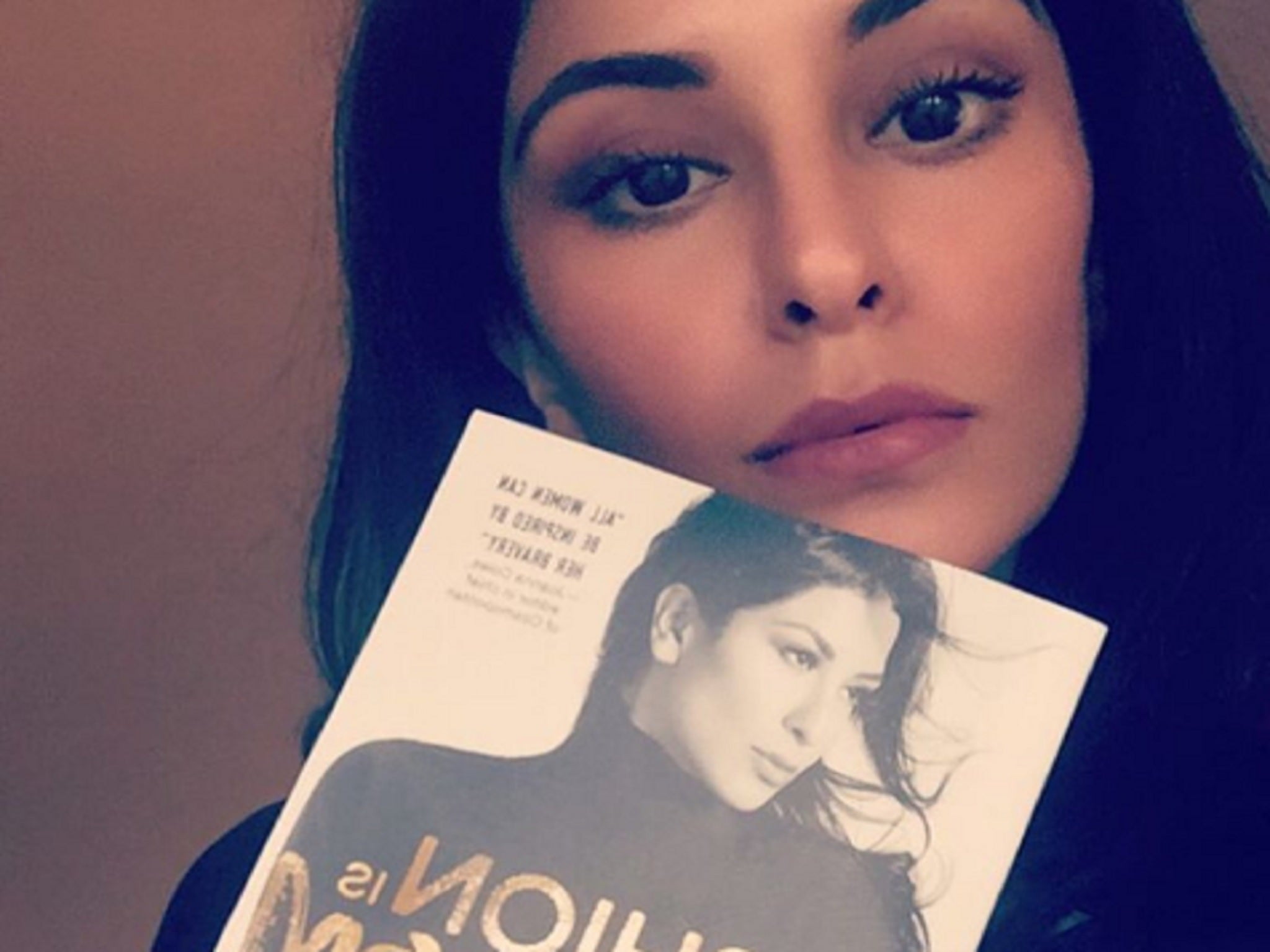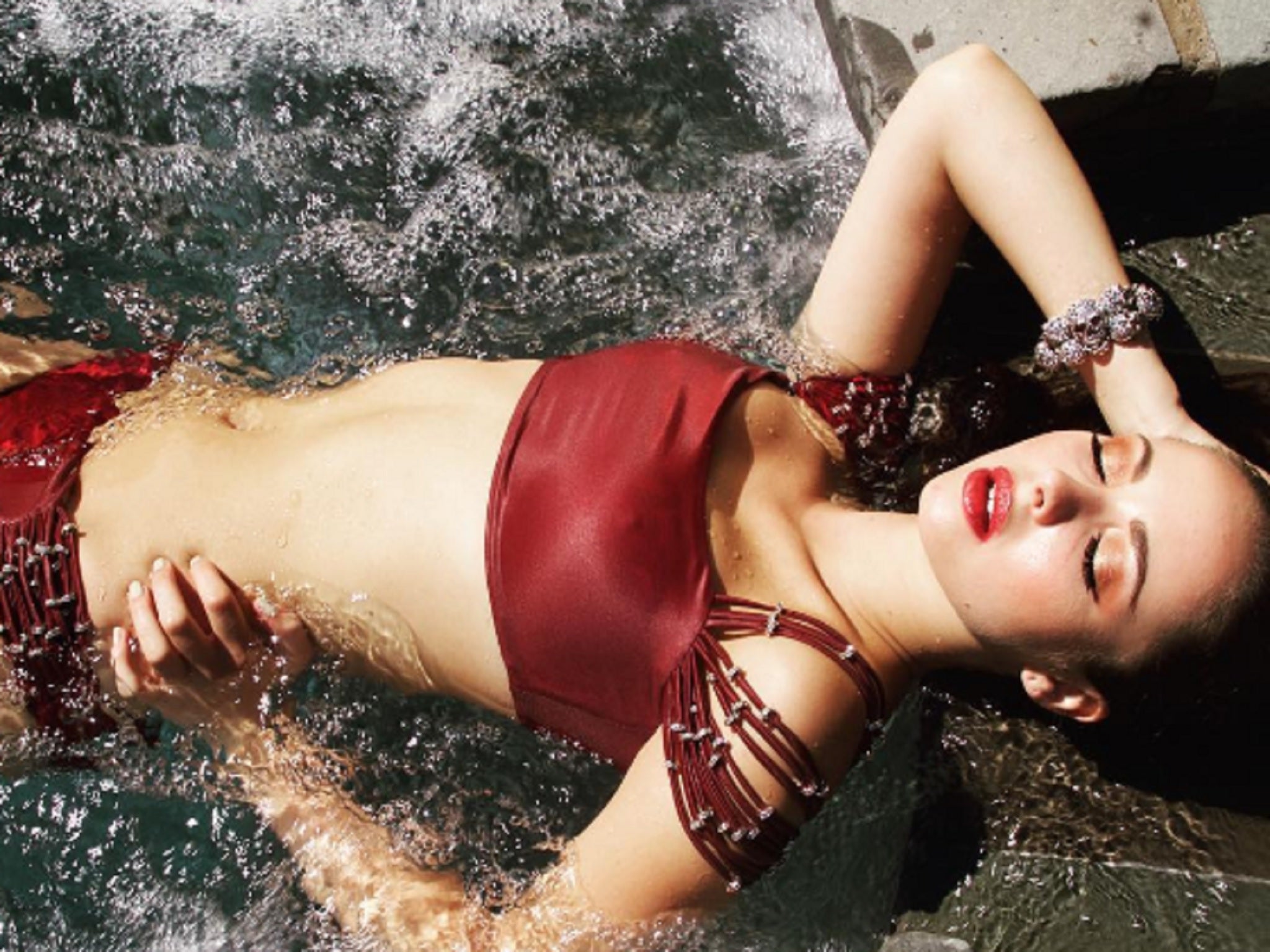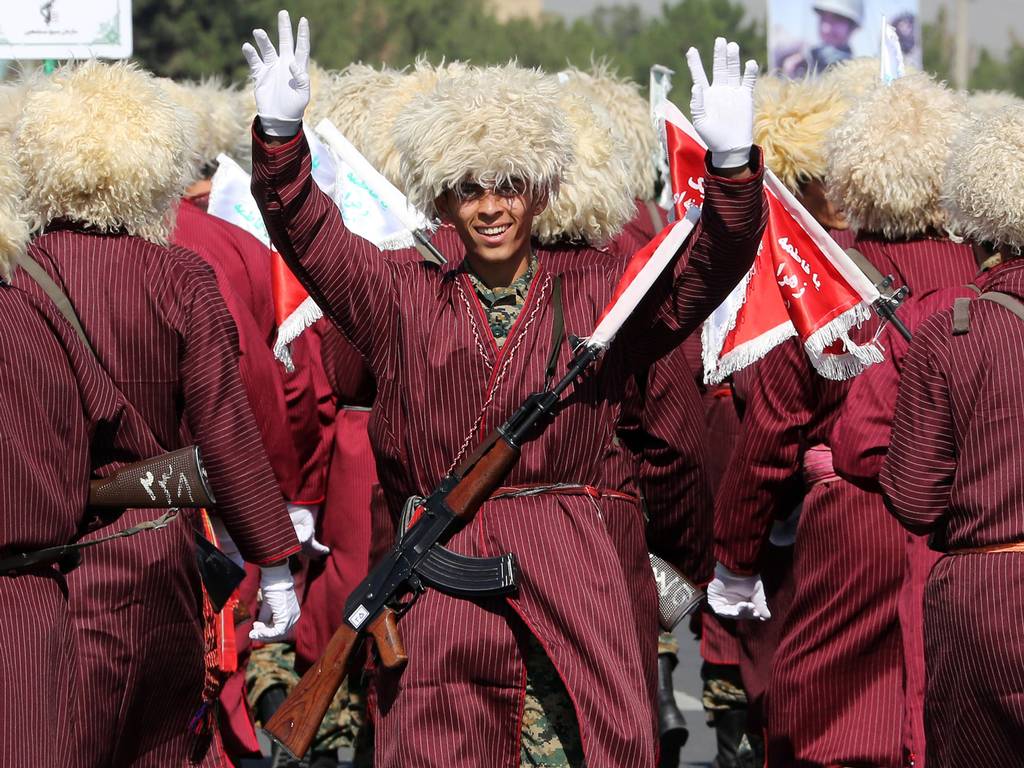Iranian woman given 40 lashes for miniskirt faces criticism over swimwear
Eighteen years on from being tortured in her native Iran, fashion designer Tala Raassi says criticism surrounding her faith has resurfaced

Your support helps us to tell the story
From reproductive rights to climate change to Big Tech, The Independent is on the ground when the story is developing. Whether it's investigating the financials of Elon Musk's pro-Trump PAC or producing our latest documentary, 'The A Word', which shines a light on the American women fighting for reproductive rights, we know how important it is to parse out the facts from the messaging.
At such a critical moment in US history, we need reporters on the ground. Your donation allows us to keep sending journalists to speak to both sides of the story.
The Independent is trusted by Americans across the entire political spectrum. And unlike many other quality news outlets, we choose not to lock Americans out of our reporting and analysis with paywalls. We believe quality journalism should be available to everyone, paid for by those who can afford it.
Your support makes all the difference.A Iranian woman who was given 40 lashes for wearing a miniskirt has said she is now facing criticism over her swimwear business.
Tala Raassi says she was subjected to the torture and five days in jail in her native Iran after government-backed militants raided a mixed house party she was attending.
Despite starting afresh in the USA, nearly 20 years on, she claims the abuse surrounding her faith lives on.
The 35-year-old Muslim said she had faced questions over how she could run her Dar Be Dar swimwear line as a follower of a religion that condemns provocative clothing.
“There's a lot of controversy because I’m a Muslim woman who designs bathing suits and everyone is very quick to judge," Ms Raassi told Mail Online.

“They say, how dare you design bathing suits? How is it empowering? But it’s not about that. I design bathing suits because I love them, and that’s what I chose to pick in the fashion industry.
“Freedom is not about what you put on or take off, it’s about having the choice to do so.
“If someone wants to wear a bikini to the beach and another woman wants to wear a burkini to the beach – I’m all for that.
“If that’s your own choice and that’s what you want to do, then more power to you.”
Her brand sponsored the 2010 Miss Universe pageant and sells across the USA.

In 2012, Ms Raassii was named as one of Newsweek’s most fearless women alongside Hillary Clinton and she recently published a book: Fashion is Freedom.
The former bridal boutique worker was at a friend’s house party in Tehran, the Persian nation’s capital, in 1998, when members of the Basij burst in.
The militia is a volunteer force of Islamic government loyalists that has previously been scrambled onto the streets during times of crisis.
Ms Raassi, who was locked up with friends in the Vozara detention centre, says the militia found no drugs or alcohol, just “VHS tapes, satellite TV, Mariah Carey and Ace of Base cassette tapes, and 90210 posters”.
“They viewed me as a sinner, a criminal, and an infidel,” she said.
“This wasn’t the first time I’d worn makeup and nail polish, but it was the first time I was questioned for it.”
She describes in her book how the lashes were “torture” and how the whip “penetrated” her back, giving a “burning sensation”.
Reports also emerged this month of Iranian girls given eight lashes because their parents could not pay school fees.
The Basij continues to operate in Iran and examples of human rights abuses continue.
According to the Iran Human Rights Documentation Centre, there were 259 executions in 2016, compared with at least 966 executions in 2015.
Subscribe to Independent Premium to bookmark this article
Want to bookmark your favourite articles and stories to read or reference later? Start your Independent Premium subscription today.
Join our commenting forum
Join thought-provoking conversations, follow other Independent readers and see their replies
Comments